 Diversity, equity, and inclusion (DEI) are critical pillars of education that foster a sense of belonging, respect, and equal opportunity for every student and it is essential for schools to embrace DEI principles to create inclusive learning environments. Recognizing that every student brings a unique set of experiences, backgrounds, cultures, and perspectives to the classroom embraces diversity, and, valuing and celebrating these differences fosters an environment where students feel seen, heard, and respected. By incorporating diverse literature, multicultural celebrations, and inclusive curriculum. Equity in education means providing every student with the resources, support, and opportunities they need to thrive. BVS strives to create equitable learning environments by addressing disparities and ensuring access to quality education for all students. This may involve implementing financial aid programs, offering scholarships, and providing additional support to students who require it. Inclusion goes beyond diversity and equity; it is about actively involving every student in the educational community. BVS and its community works to create an environment that values and respects the contributions of all individuals. This includes fostering an atmosphere of open dialogue, promoting empathy, and encouraging collaboration among students by creating safe spaces where all voices are heard and valued, we work to cultivate a sense of belonging and empowerment among students. To effectively address DEI, ongoing professional development and training are crucial. Educators and staff benefit from continuous learning opportunities that enhance their understanding of diversity, equity, and inclusion issues. Workshops, mentoring, and our DEI committee efforts equip educators and our community with the necessary tools to create safe and embracing spaces for all students. This commitment to professional growth helps ensure that DEI principles are integrated into every aspect of the school community.
We recognize the importance of engaging families and the broader community in fostering diversity, equity, and inclusion. By actively involving parents, guardians, and community members in conversations and initiatives related to DEI, we aim to create a collaborative and supportive environment. Partnerships with community organizations, cultural events, and guest speakers further enrich the educational experience and expose students to varied perspectives and experiences. Diversity, equity, and inclusion are fundamental aspects of education that should be embraced and cultivated in all schools. By celebrating diversity, ensuring equity, fostering inclusion, providing professional development, and engaging families and the community, schools can create welcoming and inclusive learning environments. By integrating DEI principles into the fabric of their educational approach, Waldorf schools empower students to become compassionate and empathetic global citizens.
0 Comments
 Form drawing is a unique and integral part of Waldorf Education and Bayou Village School's Grades program. It involves the free-hand drawing of variations of straight and curved lines, which serves as a foundation for writing, drawing, and develops various cognitive skills. The significance of form drawing is integral as its role in Waldorf education supports healthy brain development in students and allows them to more deeply connect to the curriculum. Understanding the Process Form drawing emphasizes the process rather than the final product. Just as complex physical movements require practice for mastery, form drawing exercises train spatial abilities, fine motor skills, focus, visual thinking, and mathematical understanding. Teachers employ different techniques, such as walking the form, air-drawing, or drawing with the foot before students draw on paper, promoting continuous drawing without lifting the pencil or reorienting the paper. Developing Brain and Character Similar to physical skills, smaller movements like those of the hand also require coordination between the brain, eyes, and hand. By following the strict guidelines of form drawing, students develop both the physical and mental abilities needed for fluid communication between these elements. The requirement to not move the paper or lift the crayon may initially seem frustrating, but it allows for the growth of muscle tone, coordination, balance, and brain-body connections. Crossing the Midline The restriction of paper movement in form drawing exercises can indicate a child's struggle with crossing their midline, which refers to using both sides of the brain to coordinate smooth, controlled, and complex movements. While it may be challenging, this practice is crucial for healthy brain development. Encouraging children to persevere and reassure them that improvement comes with practice is essential. 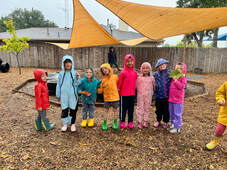 In a fast-paced world where academic achievement often takes center stage, the value of play and allowing children to enjoy their childhood can sometimes be overlooked. In Waldorf education, the belief in the significance of play and the unhurried development of young minds is deeply ingrained. Embracing these principles nurtures an environment where childhood is cherished. The Power of Play Play is the language of childhood, a natural and essential way for children to explore, discover, and make sense of the world around them. It is through play that children develop crucial skills such as problem-solving, creativity, social interaction, and emotional regulation. It should be honored as a vital aspect of a child's development, providing them with the freedom to engage in imaginative and unstructured activities that foster joy, curiosity, and a love of learning. Unhurried Development Childhood is a fleeting and precious time that should be treasured. Waldorf education, play based learning, and programs in which play is honored understand this deeply and recognize the importance of allowing children to grow at their own pace. Instead of rushing into academics prematurely, should can provide a nurturing environment where children are given the time and space to develop holistically. By focusing on social-emotional growth, sensory experiences, and building a strong foundation of practical and artistic skills, we can ensure that children are well-prepared for academic challenges when the time is right. Embracing Nature and the Outdoors Nature is a wondrous playground that invites exploration, imagination, and connection. We need to recognize the importance of engaging with the natural world and incorporating ample outdoor time into all curriculums. Whether it's gardening, nature walks, or outdoor play, children in Waldorf schools are encouraged to develop a deep bond with the environment. This connection fosters a sense of wonder, ecological consciousness, and a lifelong appreciation for the Earth's beauty. |
AuthorWrite something about yourself. No need to be fancy, just an overview. Archives
October 2023
Categories |

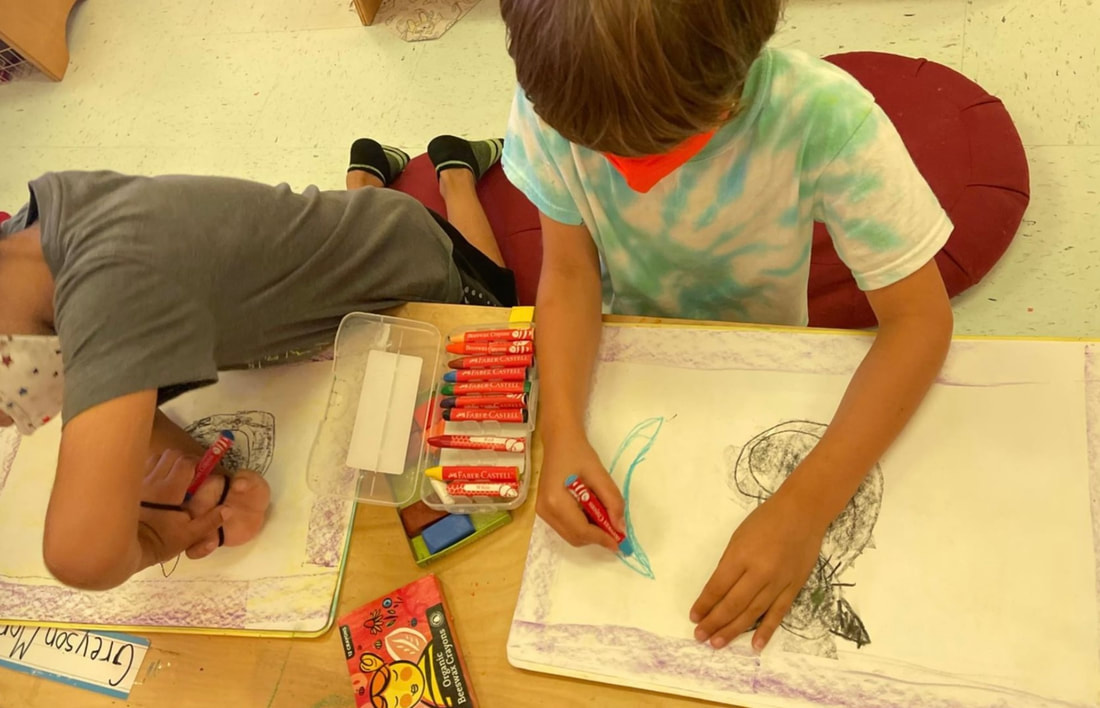

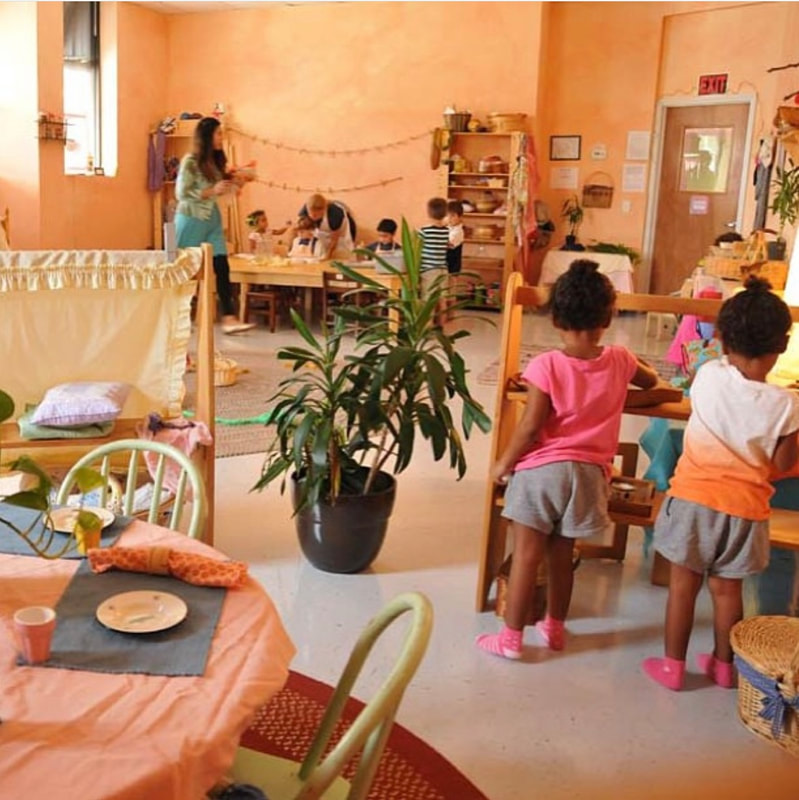
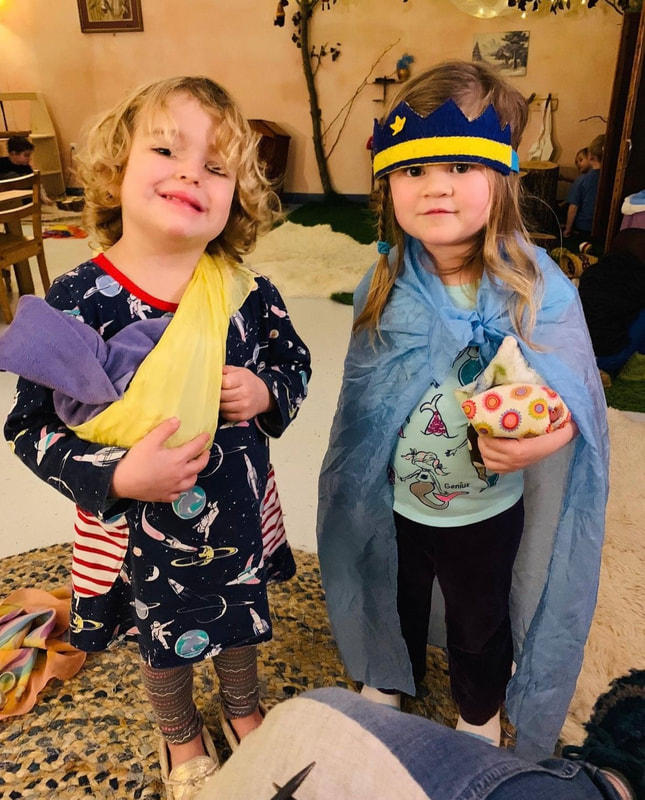
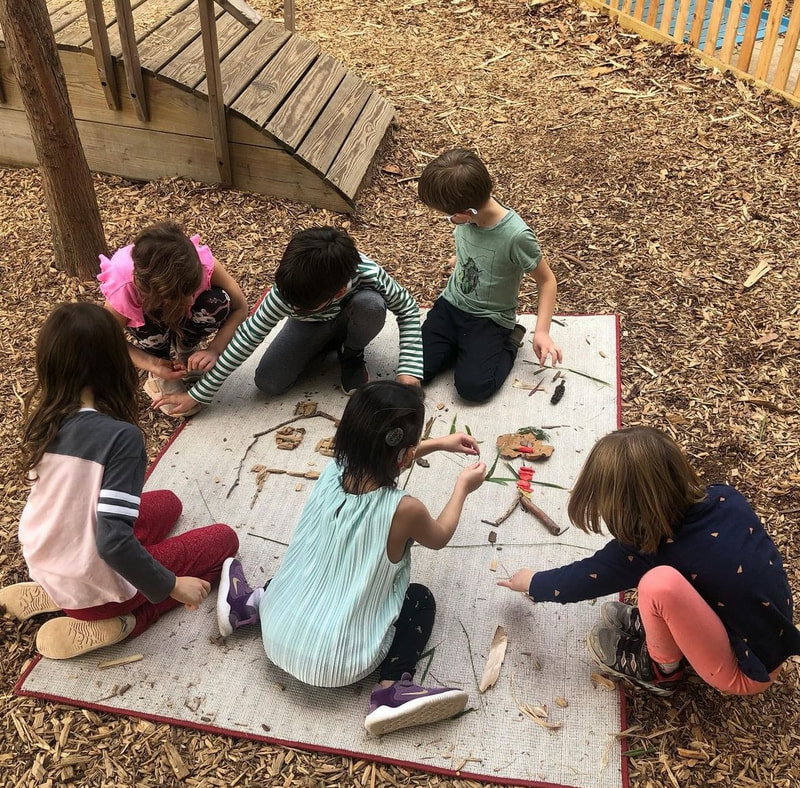
 RSS Feed
RSS Feed
